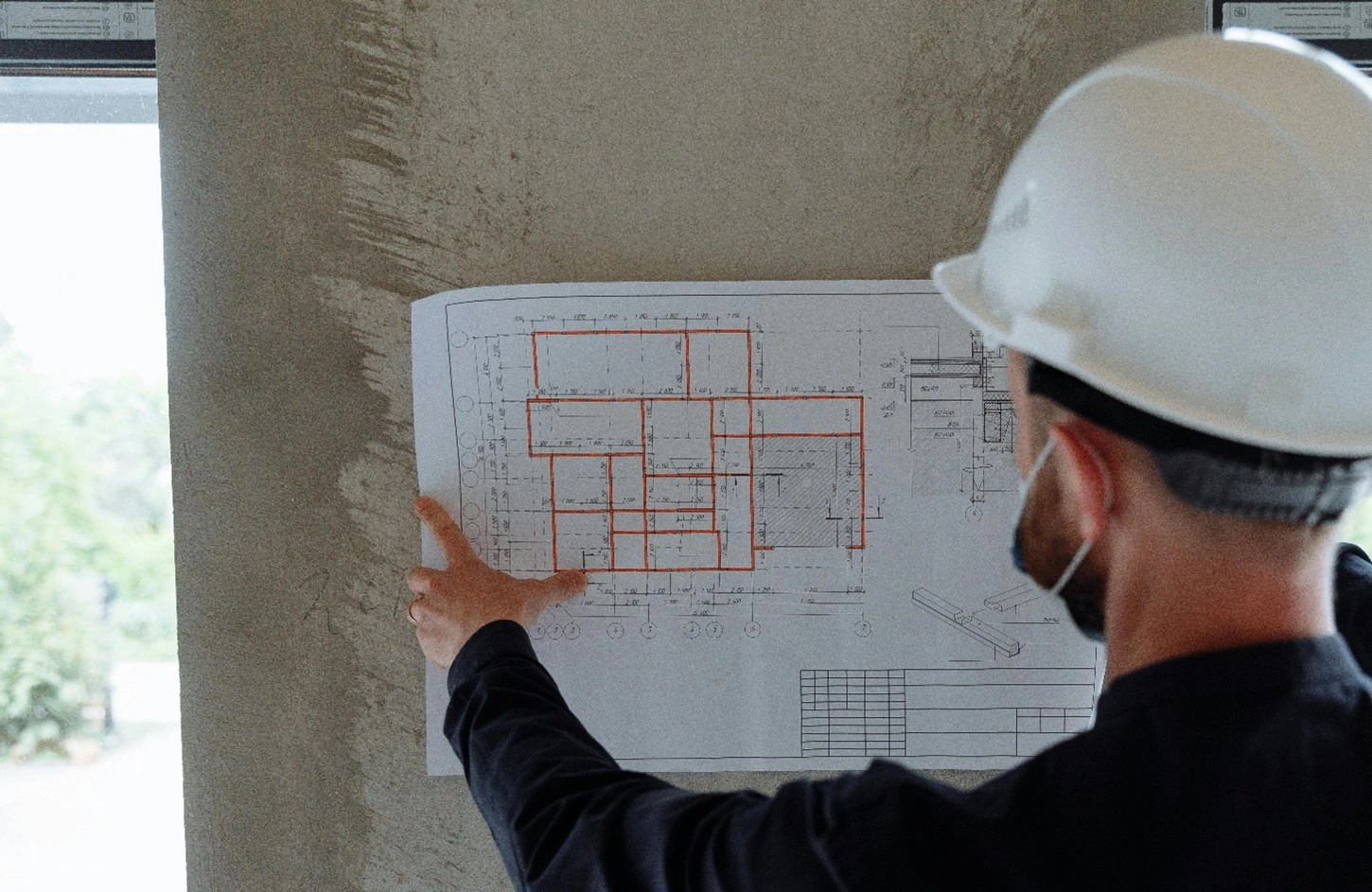
Like ‘em or not, condos are hot. They’re usually available at lower prices than single-unit homes. They’re popular in cities and suburbs alike. And they offer new deed holders a path to build equity and save money.
Investors must meet hopeful buyers where they are, and one strategy is to take a property that’s not super productive and turn it into multiple condo units. This can be less expensive than trying to put new buildings together, and it makes for a relatively efficient, sustainable use of land.
In a conversion, an investor creates multiple deeds from a property where there was once only one. Here’s what it takes to make this happen.
Market Research
Imagine an apartment building, a hotel, an office site, or some other style of property that could be put to use as housing for multiple deed holders. An investor who decides to create condo units can sell the properties to a number of households — creating a new, individual deed for each unit. Condo units often share common walls and might have a shared lobby or clubhouse, courtyards and recreational features. But the interior belongs to the individual unit’s deed holder.
What’s involved in a conversion project? There are several standard questions to work out when planning out the strategy.
First, the investor needs a solid plan. To avert costly mistakes, it’s important to enlist a pro at market research.
A real estate agent can review trends, and go over the prices fetched by condos in the area in recent days and weeks.
Some real estate attorneys work specifically on condo conversions and know how to address ordinances, laws, and rules that will bear on the work. They can also guide the drafting of bylaws to direct the homeowners’ association under formation.
Crunching the Numbers
The investor asks and researches questions like:
- What will the property taxes be like?
- What are condo properties in this area paying for master insurance policies?
- Once the investor knows how much to borrow, will a lender agree? What will the loan terms look like?
- Can worthwhile profits be gained after the investor buys the existing property, then carries out the conversion?
- Does state law require an engineer’s or architect’s study? How costly will it be to engineer the utility systems to serve the future condo units?
It’s normal for an engineer or architect to draft a report on the property’s condition — both on the current property, and on the planned conversion. And that leads us to note that the project needs to comply, step by step, with relevant local ordinances and building codes. What do the ordinances say about how many condos an investor may create by way of conversions? Does the investor need to live in one of the units?
These are just examples of the way governments regulate condo conversions. No wonder a complex conversion takes months, even years in some cases.
Apartment-to-Condo Conversions

Today’s condo buyers seek out gyms, tennis courts, trail access, pools, and home office space. If it’s an apartment complex that the investor has chosen to convert to condos, many key amenities that condo buyers look for may already exist on the property.
On the other hand, chances are high that renters live in the place about to be repurposed. What then?
The investor notifies current renters about the conversion plan. The investor should refer to applicable laws to know how much advance notice is necessary.
Of course, notice alone isn’t enough to avert hardship. The investor might need to provide funds for the renters to move to new homes. The renters might get rights of first refusal on the condo units. It’s possible for renters to get very good deals during conversions. Discounts for creditworthy renters can also help the investor get through the sales of units quickly.
Title Expertise
The title company plays an indispensable role in a conversion. For starters, a title expert runs a search to find any recorded claims or restrictions needing resolution before a conversion can proceed.
Sometimes, restrictions in the deed itself prohibit a conversion of one title into multiple titles.
Some restrictive covenants contain outright bans against the sale of a property to individual unit owners for a given term of years (to run out the state’s statute of limitations on a claim against the original construction work). But in a lot of cases, this point is moot. Most condo conversions are formed out of older properties, so typically it’s too late to make claims against the original builder anyway.
Some property owners have spent years maintaining single property titles (to rental apartment buildings, for example), and want to divide the title into condos to cash out and make the best possible profit when they do.
If All Goes According to Plan…
Assume the title search comes back clear. If all goes according to plan, the title company will divide the property ownership for multiple deed holders. And it will draw up one master deed for the condo company itself. This document sets forth the property’s layout, including unit boundaries and common elements. A plat map shows the physical layout of the condos. And a declaration of condominium ownership supplies a description of the features all the unit owners will share, and in what percentages.
There’s another key document to draft and file with the state. That’s the articles of incorporation for a homeowners’ association.
The investor signs and notarizes the key documents. Then the title expert records the new subdivision map, together with Covenants, Conditions and Restrictions (CC&Rs) and the master deed. Check state law when forming a checklist of documents to be recorded. Know that any and all of these documents could face an advance review process with the local government.
Creating deeds for the future condo owners typically depends on refinancing the property with distinct loans for each condo. The title company can also insure the new titles, and guide the condo buyers through closing. Once a legally required number of new deed holders exist, the operation of the association moves from the investor to an owner-elected, volunteer condo board. The board members will work up an operating budget and establish reserve funds, and start collecting HOA fees and do everything that’s needed for effective management.
And that’s the story of how a single-deed property becomes the home of multiple deed holders.
Important note: This article is not financial, tax, or legal advice. Consult a seasoned professional to advise you with your specific transaction.
Supporting References
Old Republic Title (Tampa, FL) via OldRepublicTitle.com: Legal Blog – Understanding the Condo Conversion Process.
Howard Goldman of Goldman & Pease, Attorneys at Law (Westwood, MA), via GoldmanPease.com: How Is Land Divided for Condo Conversion?
Adina Rogoz for Multi-Housing News, via MultiHousingNews.com: 2024 Condominium Trends – What to Keep an Eye On (Nov. 28, 2023).
Michael Polentz and Payvand Abghari for Manatt, Phelps & Phillips, LLP: Real Estate and Land Use – Restrictions on Condominium Conversions (PDF dated October 21, 2015).
And as linked.
More on topics: Transferring a deed into an LLC, HOAs and the future of housing
Photo credits: Thirdman and Andrea Davis, via Pexels/Canva.
